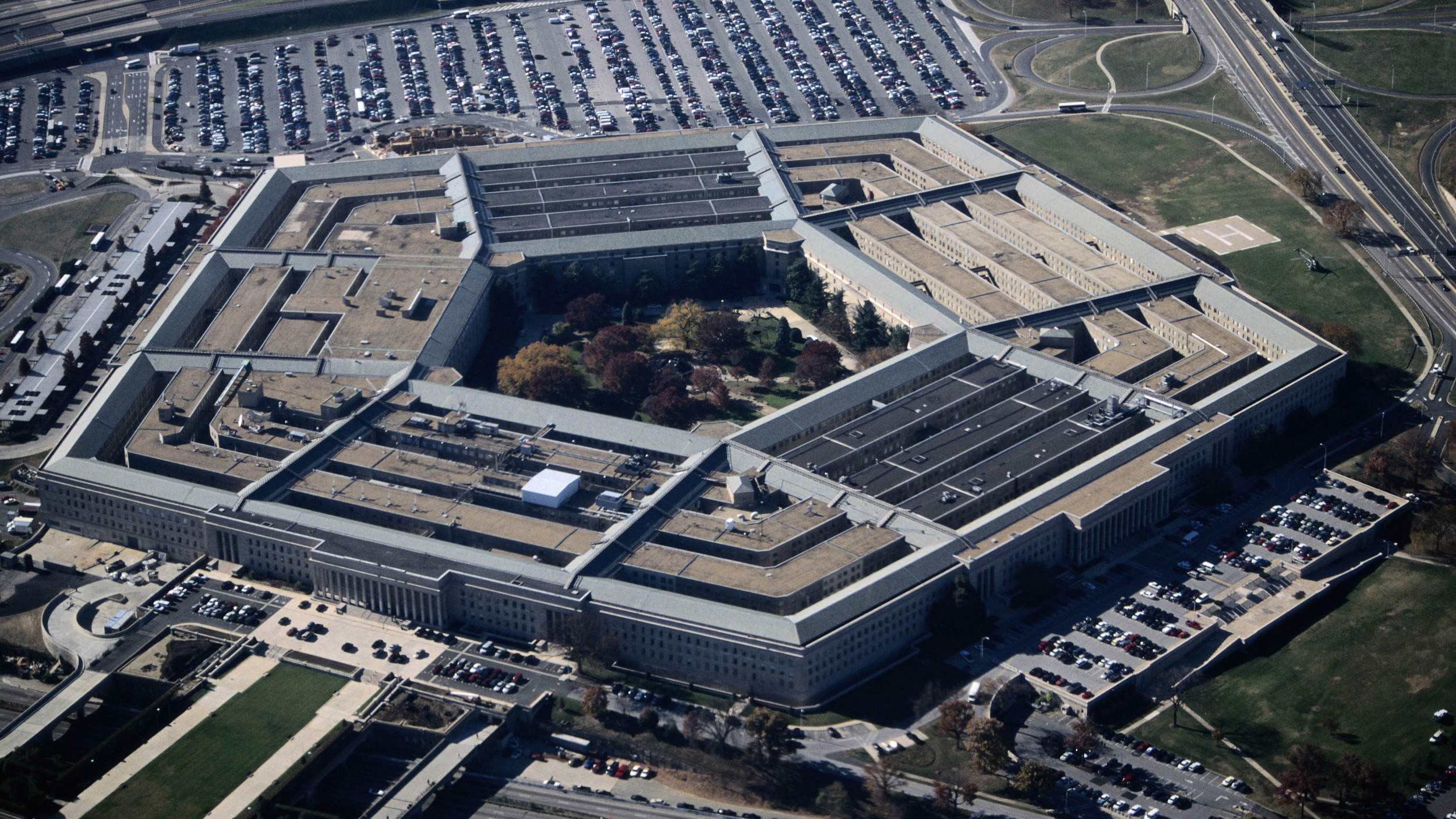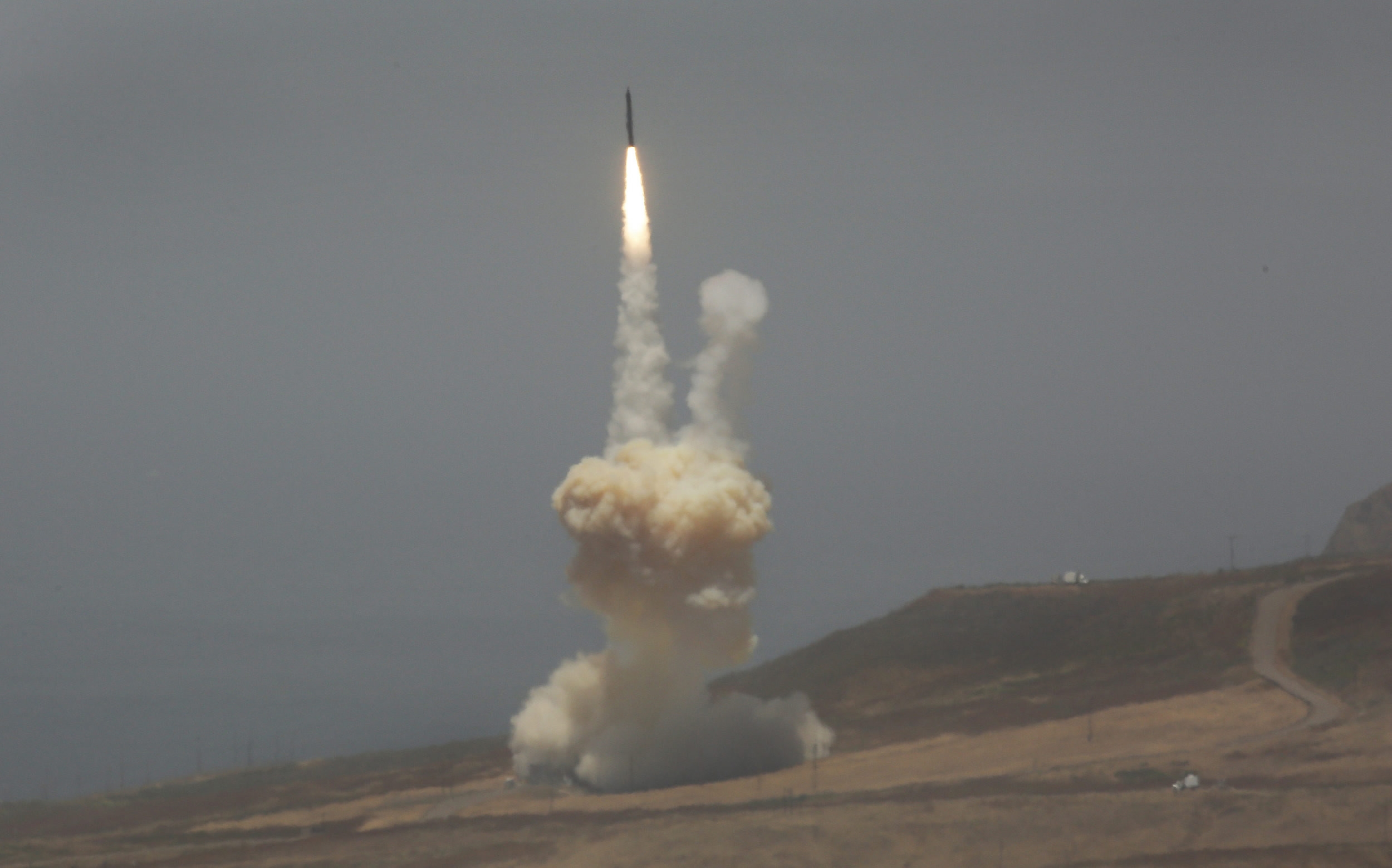Pentagon upgrades assessment of ability to defend against ICBMs

After a successful May test, the Pentagon has upgraded its assessment of its ability to defend the United States against incoming intercontinental ballistic missiles, like the ones the DPRK is attempting to develop, according to a memo seen by Reuters on Wednesday.
The conclusion could add to the US military's view that, although much more work remains on missile defense, it is staying ahead of a mounting threat from the DPRK, which has declared its intent to develop an ICBM capable of striking the US mainland.
Since 2012, the Pentagon's Director of Operational Test and Evaluation had assessed only that the United States had a "limited capability" to defend against a threat like the one from DPRK or Iran using interceptors in the Ground-based Midcourse Defense (GMD) program, managed by Boeing Co (BA.N).
But after successfully intercepting a simulated ICBM last month, the Pentagon office elevated that assessment, the memo, dated June 6, said.
"GMD has demonstrated capability to defend the US homeland from a small number of intermediate-range or intercontinental missile threats with simple countermeasures," the memo said.

The Ground-based Midcourse Defense (GMD) element of the US ballistic missile defense system launches during a flight test from Vandenberg Air Force Base, California, U.S., May 30, 2017./ VCG Photo
The May 30 missile test, which experts compare to hitting a bullet with another bullet, involved a simulated launch of a type of ICBM from the Kwajalein Atoll in the Marshall Islands.
The US military then fired a missile to intercept it from Vandenberg Air Force Base in California. The test ended with a head-on strike, resulting in obliteration.
It was the first live-fire test against a simulated ICBM, which the military said was made even more complicated by the use of decoys designed to throw off the interceptor.
Previously, the GMD system had successfully hit its target in only nine of the 17 tests since 1999. The last test was in 2014. However, the interceptor technology has been making steady advances. More tests are planned to advance US defense capabilities.
(Source: Reuters)
